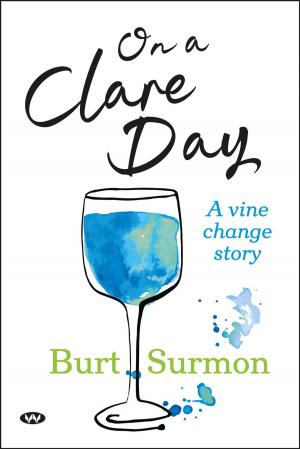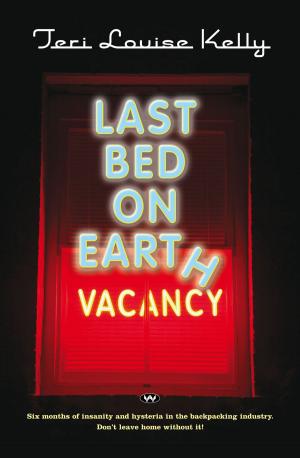| Author: | Adrian Mitchell | ISBN: | 9781743054772 |
| Publisher: | Wakefield Press | Publication: | March 30, 2017 |
| Imprint: | Wakefield Press | Language: | English |
| Author: | Adrian Mitchell |
| ISBN: | 9781743054772 |
| Publisher: | Wakefield Press |
| Publication: | March 30, 2017 |
| Imprint: | Wakefield Press |
| Language: | English |
It should have been a paradise, but paradise is what you lose, it is what you might have had. An elderly woman who has lived for many years on a tropical island off the Queensland coast with her beachcomber husband waits for help from the mainland. For three harrowing days, alone. He has died, his body lies in their cabin just up from the beach, and while she awaits help she reviews her reclusive life there, of nearly 25 years with him. She is a woman with a glint in her mind's eye. "The Beachcomber's Wife" draws upon the published writings of E.J. Banfield, who lived an isolated life with his wife Bertha on Dunk Island through the first decades of the twentieth century. He made very little reference to her in his work ("Confessions of a Beachcomber" and others). This account imagines what it might have been like from her point of view. It follows Banfield's practice, of fact cemented with fiction.
It should have been a paradise, but paradise is what you lose, it is what you might have had. An elderly woman who has lived for many years on a tropical island off the Queensland coast with her beachcomber husband waits for help from the mainland. For three harrowing days, alone. He has died, his body lies in their cabin just up from the beach, and while she awaits help she reviews her reclusive life there, of nearly 25 years with him. She is a woman with a glint in her mind's eye. "The Beachcomber's Wife" draws upon the published writings of E.J. Banfield, who lived an isolated life with his wife Bertha on Dunk Island through the first decades of the twentieth century. He made very little reference to her in his work ("Confessions of a Beachcomber" and others). This account imagines what it might have been like from her point of view. It follows Banfield's practice, of fact cemented with fiction.















